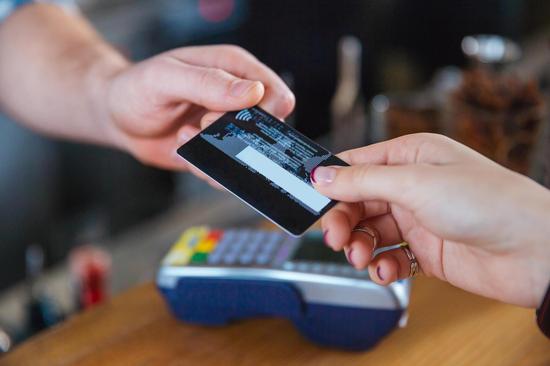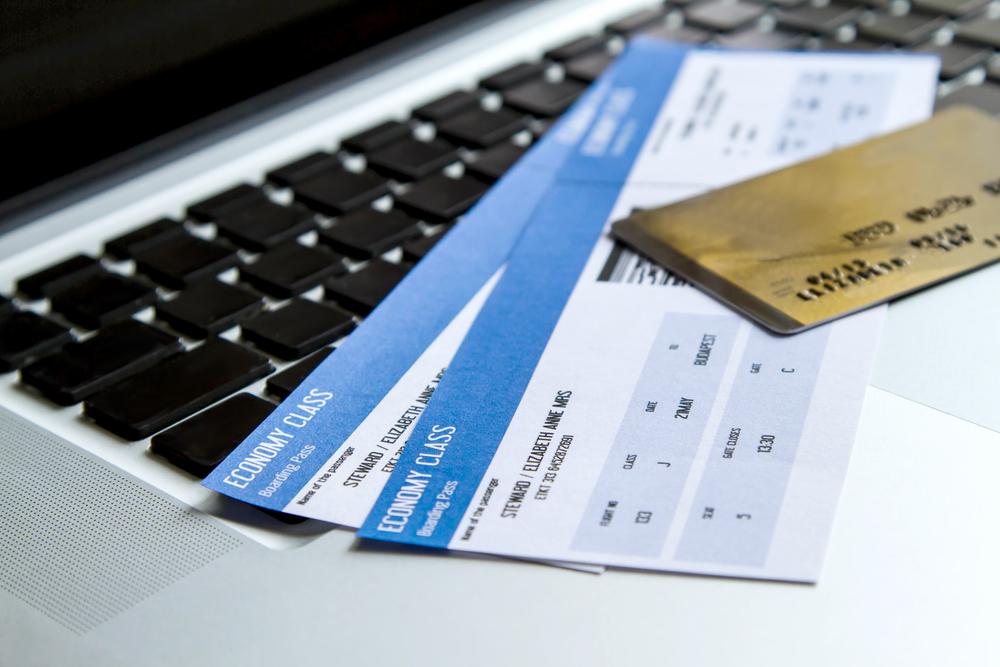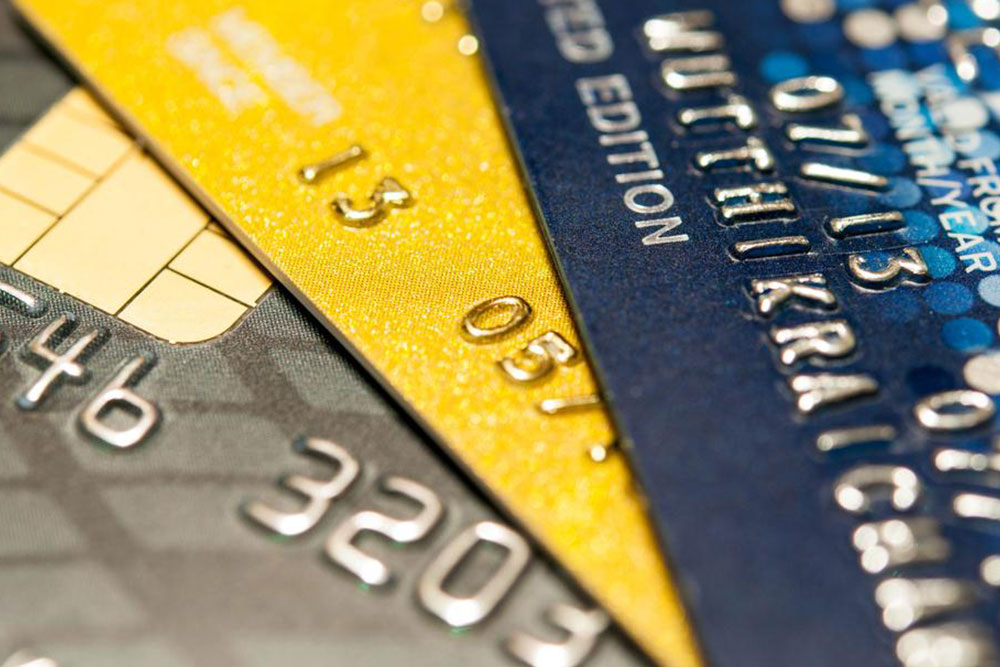What are the details that credit card holders need to pay attention to in the United States?
CBS-News reports on five hidden credit card fee pitfalls and advises consumers to shop around for the most fair credit card.

I'm sure we're all used to the convenience of credit cards, especially when we go out of town and don't need to carry a lot of cash, just a credit card. However, the terms and conditions of credit card issuers hide many details of charges, which many people are not very clear, and therefore pay unnecessary fees.
CBS-News reports on five hidden credit card fee pitfalls and advises consumers to shop around for the most fair credit card.
1. Foreign transaction fees
Credit card companies charge an average transaction fee of 2% to 3% of the card amount for foreign purchases. Some credit card issuers, such as American Express and Business Delta Skymiles, offer a waiver of this fee for customers with good credit, and some banks have even eliminated this fee.
It is recommended that consumers call their credit card companies before going abroad to find out what the transaction fees are for overseas credit card transactions, to compare the differences between credit card payments and cash payments, and to compare the distribution of ATMs overseas by the credit card banks. Some banks will charge a fee for withdrawing funds from overseas ATMs.
2. Protection Service Fee
Some card issuers offer consumer protection against theft and credit protection services for promotional purposes, but do not clearly communicate how the fees are charged and when they take effect. A credit protection plan is actually an insurance concept that provides basic financial support to cardholders in case of financial distress, but the card issuer usually charges the cardholder a percentage of the monthly fee. Therefore, consumers should think carefully about whether they really need this insurance before signing up for such a plan.
3. Overdraft fees and underdraft bounce fees
If the credit card amount exceeds the credit limit, sometimes the card issuer will let the cardholder continue to use the credit card, but charge an additional overdraft fee for each swipe, which is $25 per swipe at JPMorgan Chase Bank.
If a cardholder pays by check and the check bounces due to insufficient funds, the issuer will charge a bounced check fee for insufficient funds, usually $35. If the cardholder does not pay by the deadline, he or she will also be required to pay an additional late payment fee.
To avoid paying such fees, consumers can request a payment date that is easy to remember when applying for a credit card so that the proper amount can be deposited on time each month, or request automatic debit to pay the credit card bill. Cardholders are advised to keep track of their credit card limits and to call the issuing bank first to ask if they have enough credit if they want to make a large purchase in a store.
4. The trap of 0% APR
If a cardholder owes a credit card fee, balance payment, or cash advance, the card issuer will charge interest, usually based on the cardholder's credit, and the APR is nearly 12% for high credit. Some card issuers may offer 0% APR, but cardholders must be aware of the effective period. Once the effective period is missed, the applicable APR is often as high as 22%.
5. Cash advance fee
Cardholders who borrow cash in advance with their credit cards are usually charged a fee of about 24% to 25% by the bank. To avoid paying this fee, cardholders should always have enough cash on hand and plan their repayment schedule and contingency funds.
Some banks allow customers to use their credit cards to fund checking or deposit accounts, but be aware that some card issuers charge a cash advance fee for these transactions. The only way to avoid paying these fees is to not use your credit card to set up a bank account.


